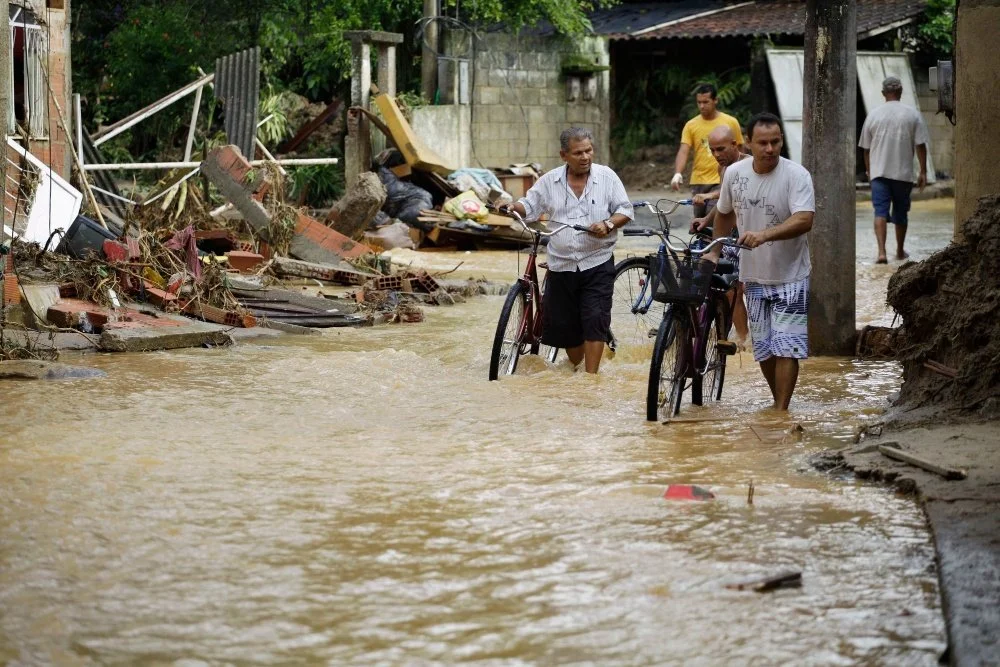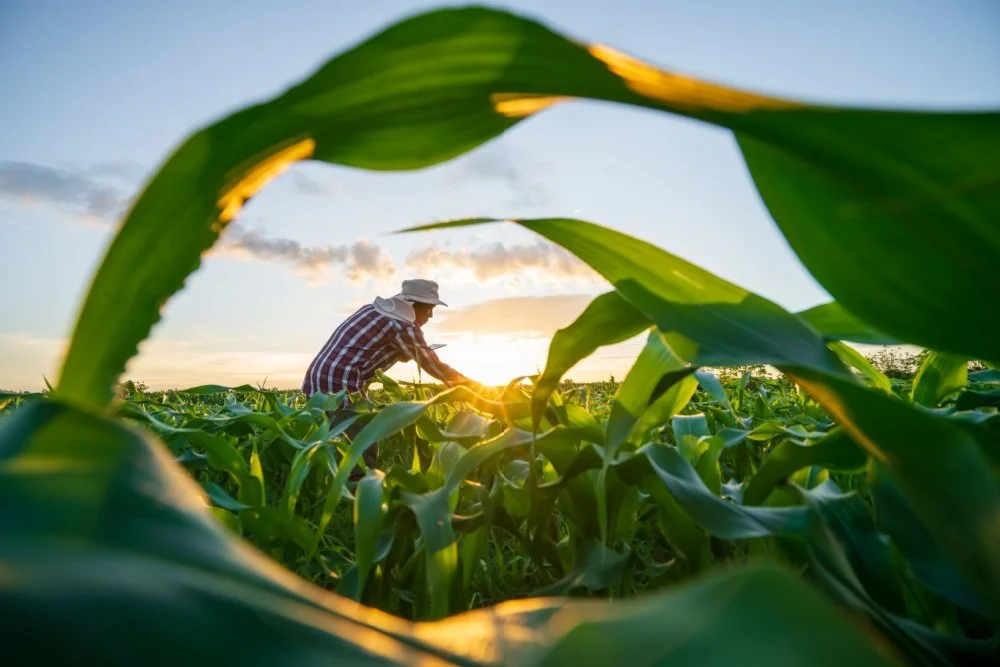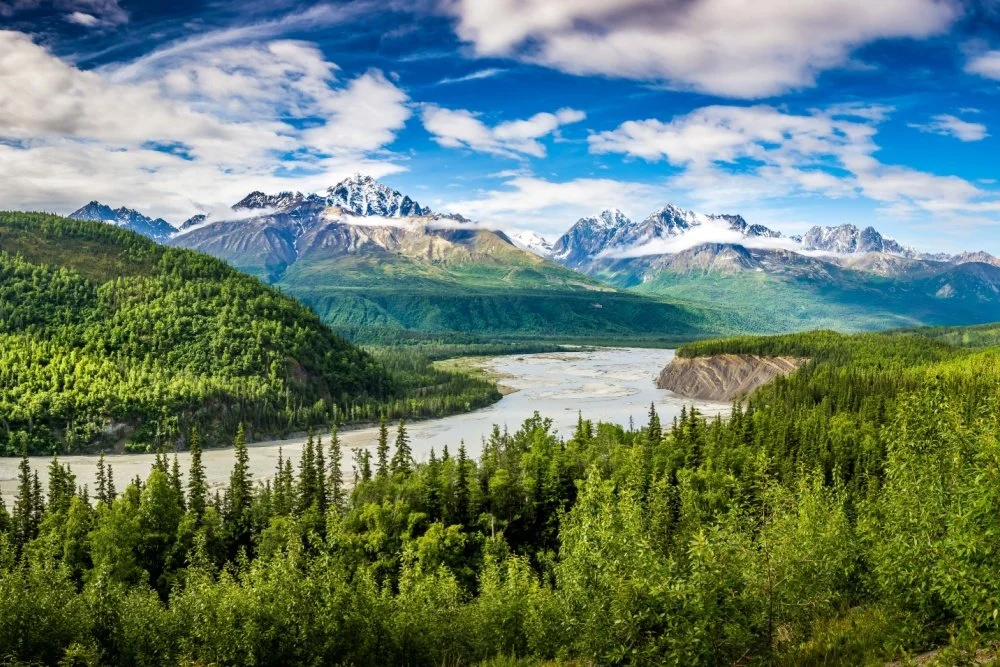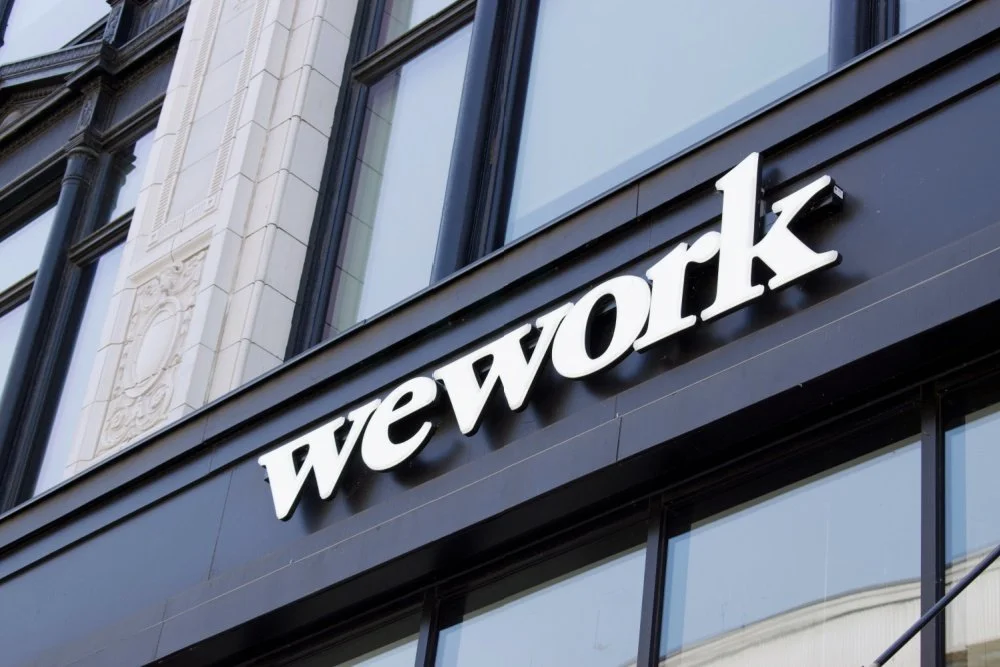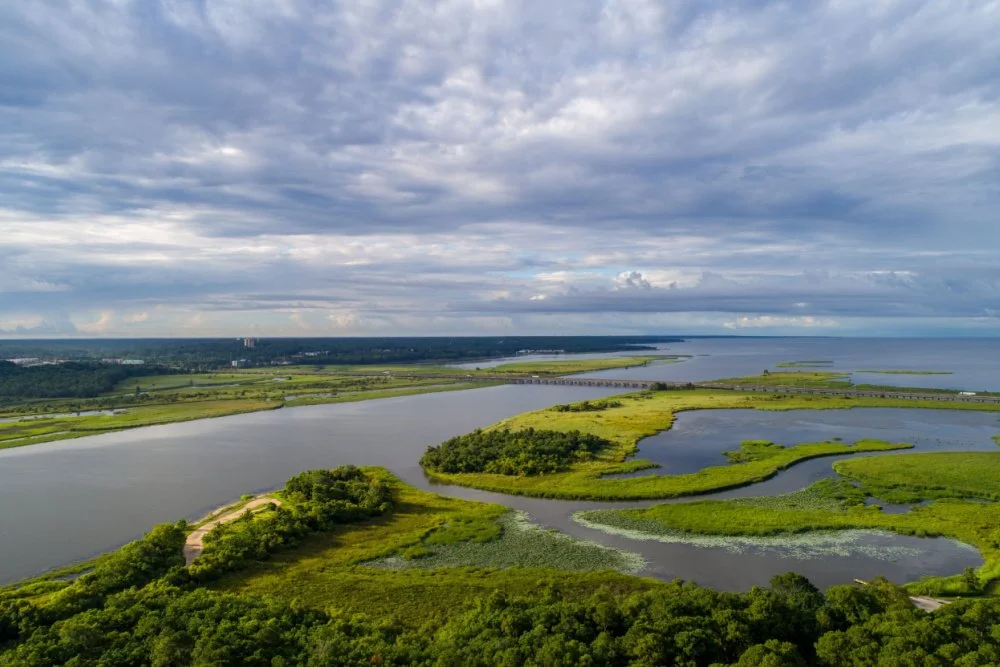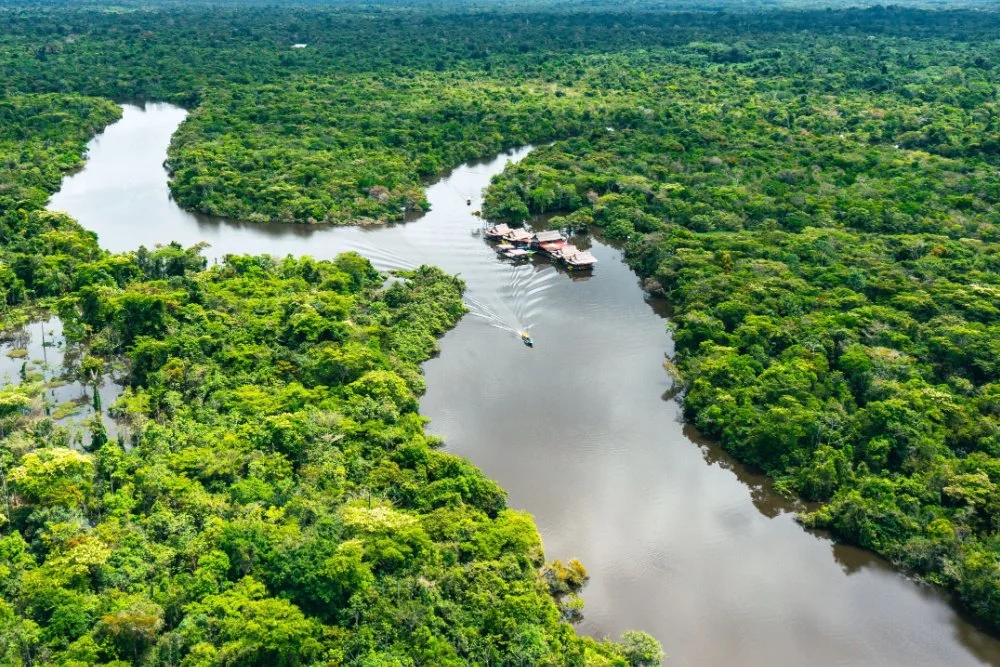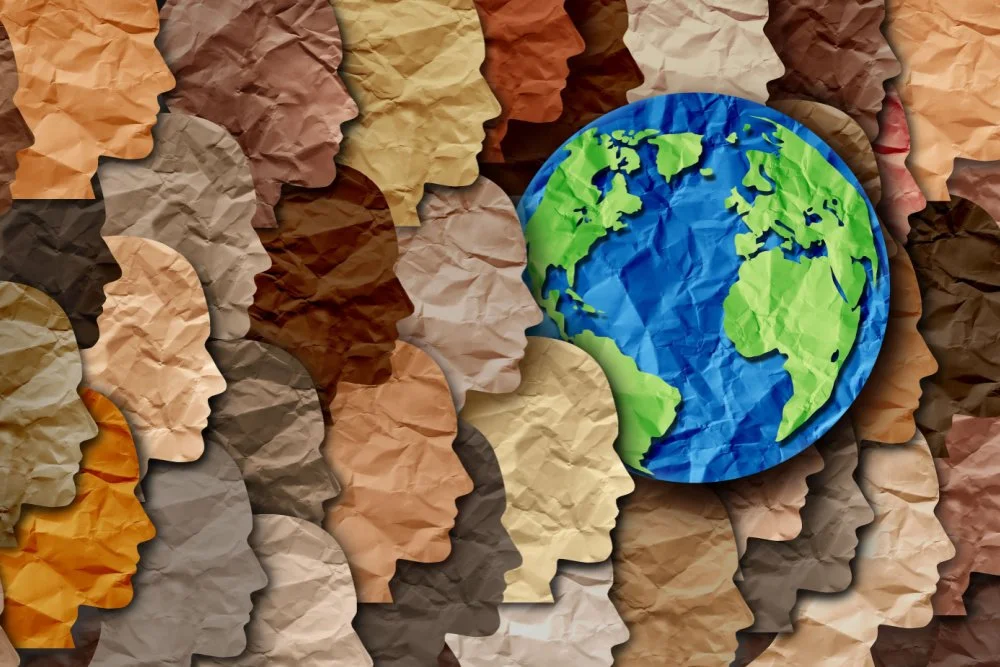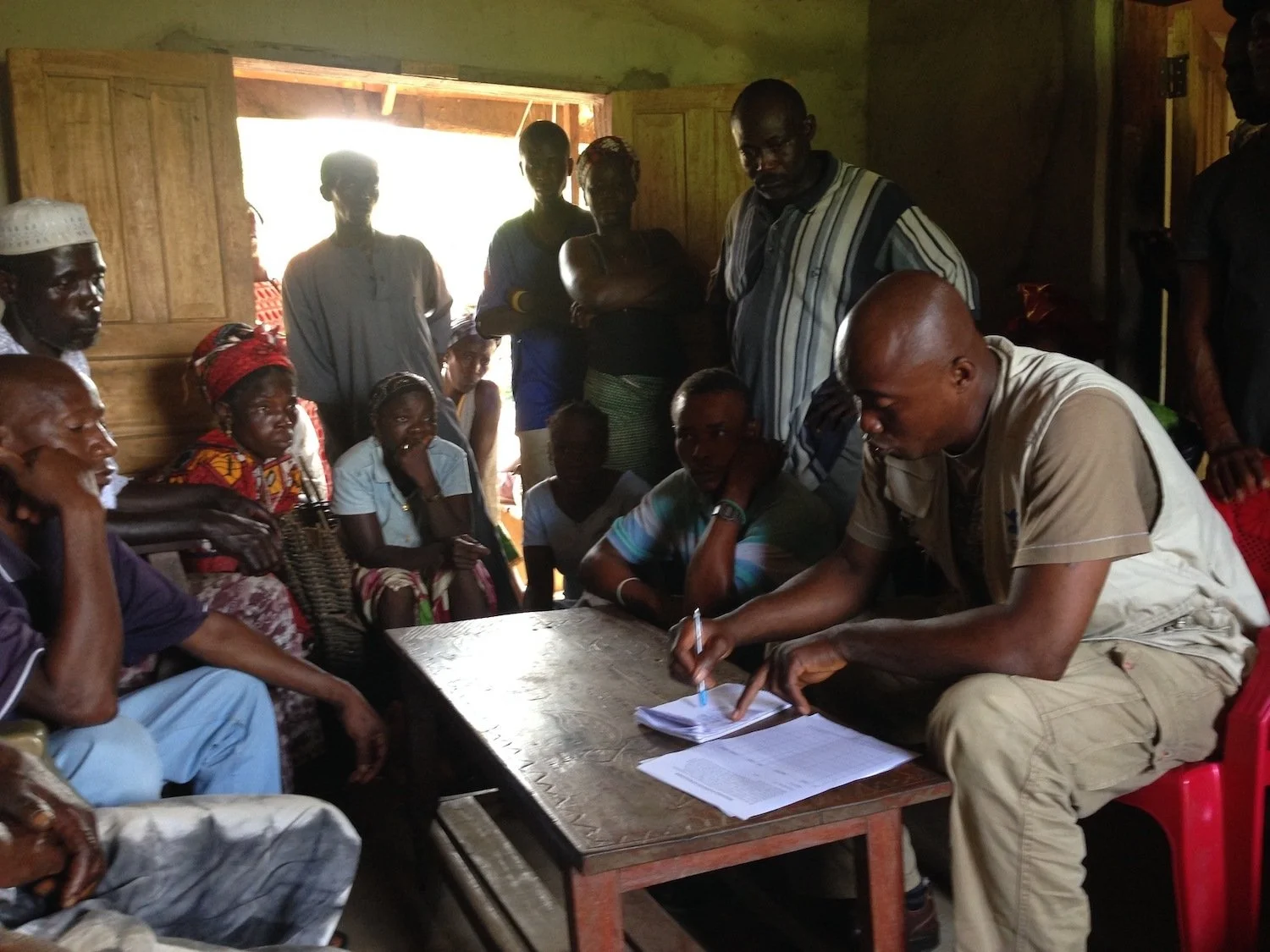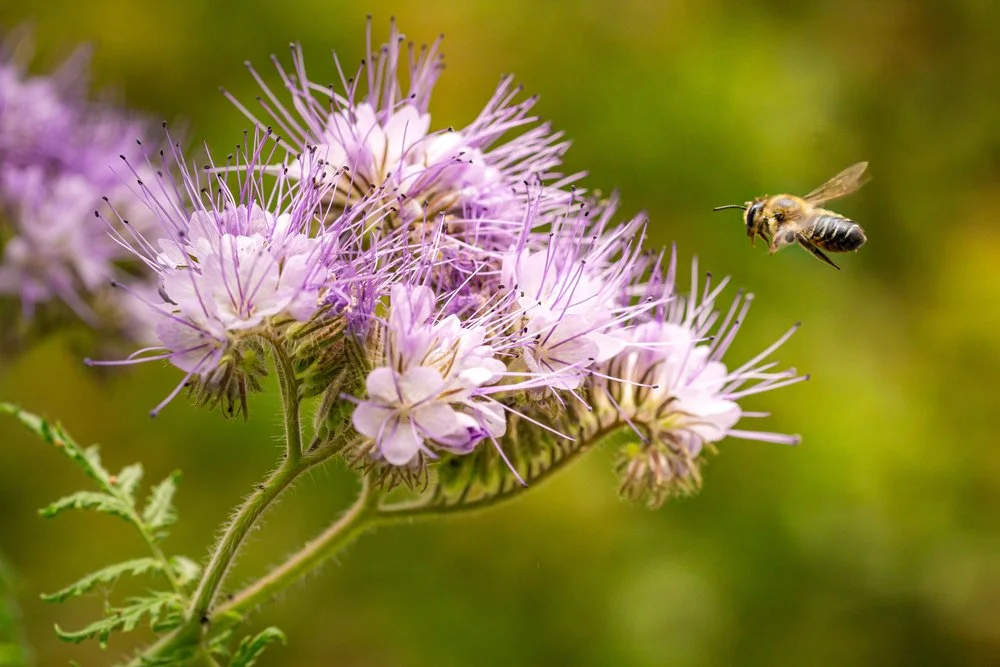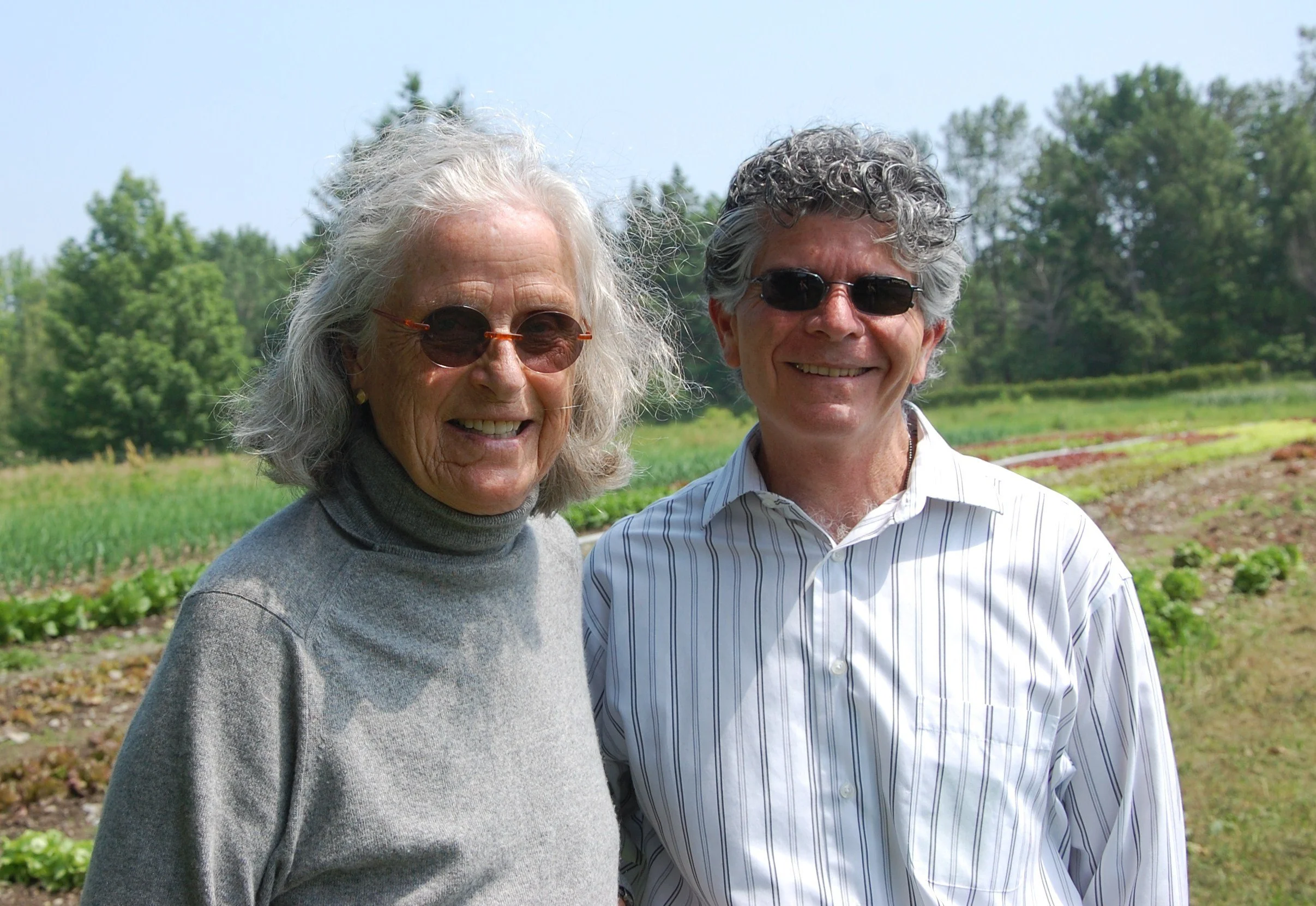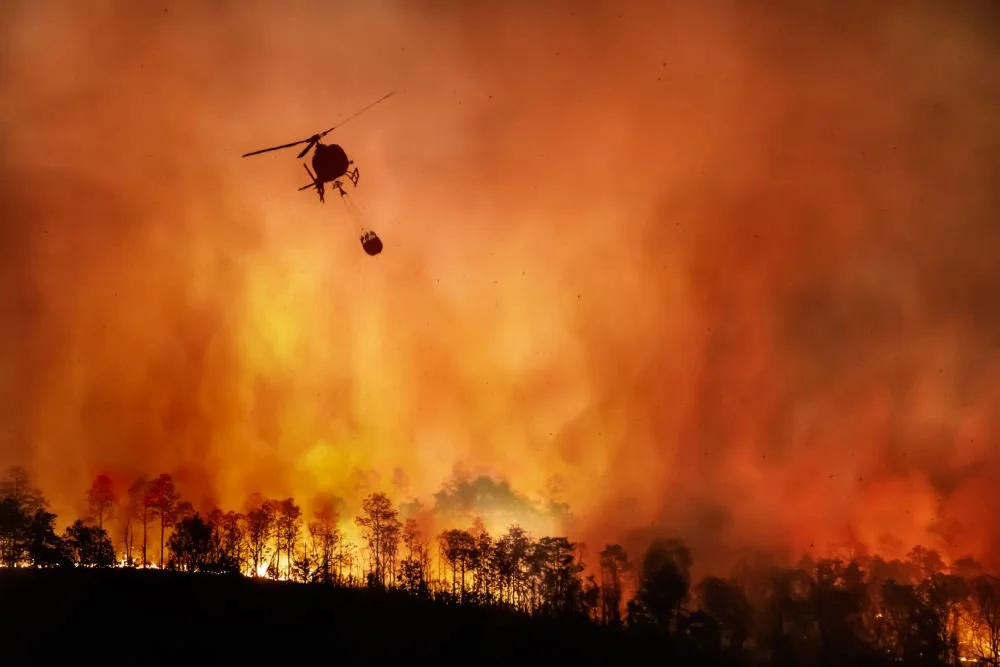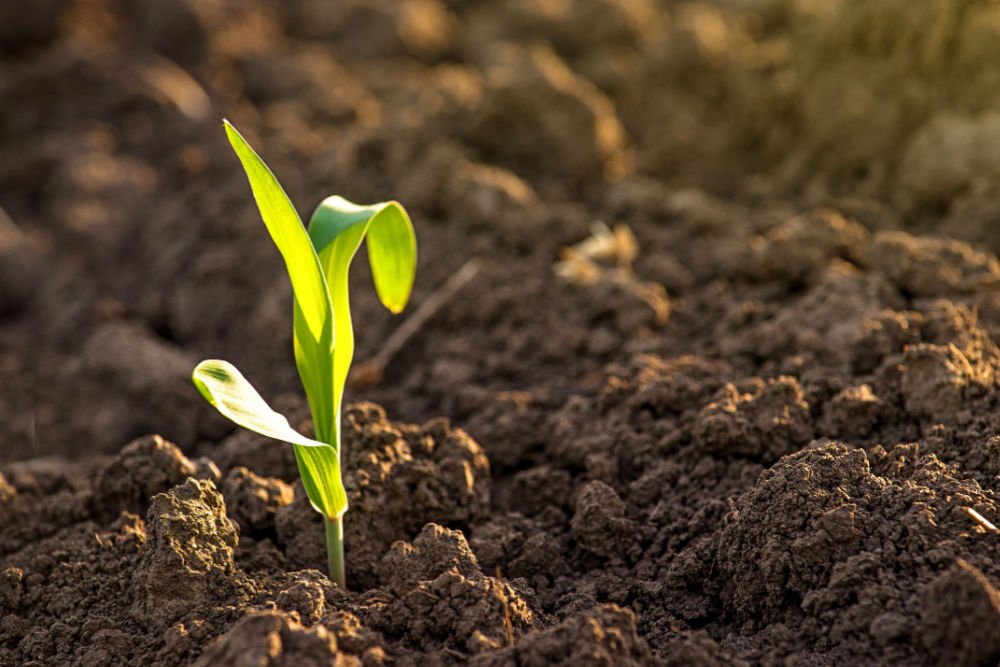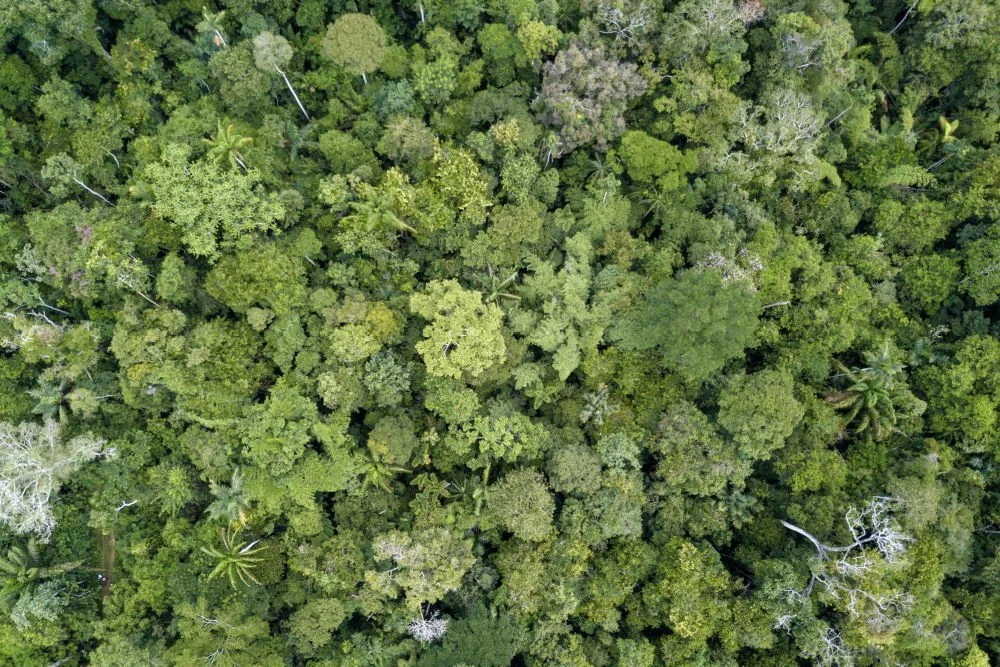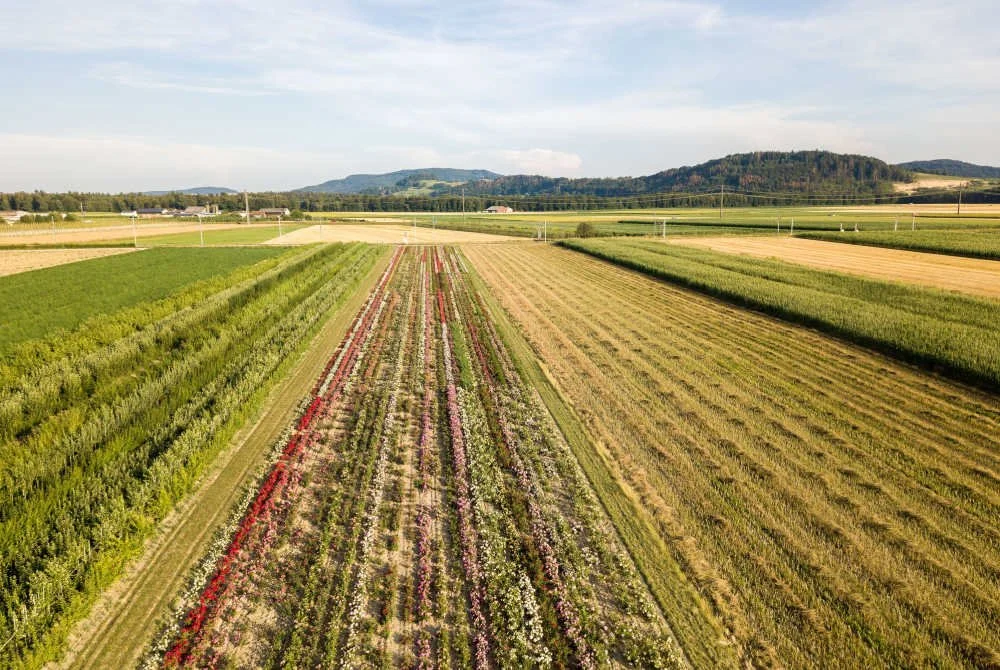The Amazon Fires Are a Big Setback to Funders and Nonprofits. How Are They Responding?
/Thammanoon Khamchalee/shutterstock
The apocalyptic fires raging in the Amazon have the entire world talking. While much of the discussion rightly centers on climate change, the blazing forests shed light on another issue: philanthropy’s role in combating complex global problems. The fires, along with reports of fast-escalating deforestation outside Brazil—in Columbia, Peru and Bolivia—come after many years of funder-backed efforts to protect the Amazon, and offer a sobering reminder of philanthropy’s limitations.
According to Brazil's National Institute for Space Research, there have been over 72,000 fires in the Amazon so far this year, nearly double the 40,000 during the same period last year. Meanwhile, forest loss is galloping ahead in neighboring countries, which hold around 40 percent of the Amazon. The New York Times reports, for example, that “Colombia is emblematic of rising deforestation in South America. Its loss of about 490,000 acres last year was one of the highest annual rates Colombia had ever seen.” In Peru, “small-scale mines … destroyed about 170,000 acres in just five years.”
Quite apart from the ominous implications for the planet, this rising deforestation is a devastating setback for the foundations, wealthy donors and nonprofits that have been working to protect the Amazon —embracing one of the most high-profile environmental causes of recent decades. What are the lessons, here? And how are rainforest defenders mobilizing to regain lost ground?
A Big Foundation vs. Powerful Incentives
Probably no foundation has done more for Amazon conservation than the Gordon and Betty Moore Foundation. It has pledged roughly a half-billion dollars toward this cause since 2001, backing a range of efforts that we’ve reported on over the past five years.
In 2017, for example, we talked with Moore’s Andes-Amazon program director, Avecita Chicchón, about how the foundation was tackling “some of the biggest driving forces of environmental degradation, i.e., infrastructure projects in the form of roads and dams,” as well as another major cause of deforestation, agricultural development, which the foundation addresses through its Forests and Agricultural Markets Initiative.
This latter effort, according to Moore’s website, works with the private sector “toward implementation of deforestation-free sourcing commitments from a critical mass of leading companies purchasing and distributing soy and beef, so that deforestation in these places, which results from soy and beef production, has been eliminated without displacement from their supply chains.”
But in Brazil, these efforts are up against powerful economic incentives. According to news reports, agriculture has played a key role in the fires in Brazil. As Time reports, “Agriculture has been the strongest performing sector of Brazil’s economy in recent years, and the U.S.-China trade war has positioned Brazil well to replace the U.S. as the global leader in soybean exports. The demand for soybeans has created pressure to rapidly clear forests and plants.”
When we reached out to the Moore Foundation to get its reaction to recent developments, it told us: “The fires underscore the importance and heighten the urgency of the work that our grantees are doing. We hope that the increased attention on the fires and deforestation will engender sustained commitment from donors around the world to support those organizations in Brazil and Bolivia who are working to conserve the region’s free-flowing rivers and forest cover for future generations.”
Moore didn’t mention any grants it’s making as a direct response to the fires. Other foundations that give big for the Amazon, like the Wyss Foundation, also haven’t announced any grants in response to the fires.
A New Funder Steps Up
The Earth Alliance is one funder that’s pledged new funding to protect the Amazon since the fires started. The organization, which was established this summer by actor Leonardo DiCaprio, philanthropist Laurene Powell Jobs, and investor and philanthropist Brian Sheth, launched a new emergency Amazon Forest Fund in late August with $5 million in funding. It intends to mobilize “critical resources for indigenous communities and other local partners working to protect the life-sustaining biodiversity of the Amazon against the surge of fires currently burning across the region.”
Meanwhile, millions of dollars have been raised online from ordinary citizens. By the end of August, the top six trending fundraisers on Facebook were all related to the Amazon fires. Users are donating to advocacy groups like Amazon Watch, Rainforest Alliance and Rainforest Foundation Norway.
In late August, the Rainforest Alliance pledged “to redirect 100 percent of the funds donated in August and September via Instagram to frontline groups in the Brazilian Amazon,” and also said it was working to “leverage our longstanding relationships in the public and private sectors to pressure the Brazilian government to reinstate the environmental enforcement that is essential to defending the Amazon against illegal logging, destructive slash-and-burn agriculture, and other existential threats.”
Amazon Watch said in late August that money raised through Facebook Fundraiser would go to its ongoing work, including backing advocacy by indigenous communities in Brazil and pushing for better environmental enforcement.
It’s impossible to say how much money in total has been raised by environmental nonprofits to respond to the Amazon fires, but it’s probably a decent amount, given the intense global media attention. Similarly, while significant gifts for this cause may be moving through donor-advised funds, there is no available data on such donations at this time.
Government’s Role
So far, the largest commitments around the fires have come from government. At the G7 summit meeting in France last month, French President Emmanuel Macron proclaimed commitments of €20 million ($22 million) in emergency aid from the Group of Seven nations to help fight the fires. Additionally, Canada and the U.K. each pledged $11 million and $12 million, respectively. Yet that money isn’t exactly getting where it needs to go—not in a timely manner, anyway.
In announcing the release of the €20 million, Macron criticized Brazilian President Jair Bolsonaro’s environmental record (60 percent of the 2.1 million-square-mile Amazon rainforest is located in Brazil). Bolsonaro—in true Bolsonaro fashion—responded by promoting a Facebook post insulting the appearance of Macron’s wife. That triggered Macron to declare that the Brazilian people deserve better than Bolsonaro as their leader, which in turn prompted Bolsonaro’s institutional security chief, General Augusto Heleno, to condemn Macron’s “lamentable colonialist stance.”
The diplomatic tiff led to cancelled meetings between the pair, and France has even pulled out of the planned Mercosur Free Trade Agreement between the E.U. and Latin America.
Meanwhile, as this House of Cards episode plays out, the Amazon continues to burn. Bolsonaro initially rejected the G7’s €20 million donation, only to reverse course and accept the money, but demanding no strings in terms of its appropriation. It is unclear how much—if any—of the full $40 million+ (including the U.K. and Canada’s aid) has thus far been spent actually fighting the fires in the Amazon. Even if the full amount is allocated, the political temper tantrums on both sides have already caused needless delays.
In late August, against a drumbeat of bad news, M. Sanjayan, the CEO of Conservation International, told C-SPAN that “Pessimists never get anything done.” That may be true, and his organization is yet another nonprofit that’s been raising money from donors since the fires became global news and vowing to redouble its efforts in the Amazon. At this point, though, civil society leaders need to realize that decades of hard work by optimists can literally go up smoke when it comes to a challenge as sprawling and complex as protecting the world’s largest rainforest.
Related:


